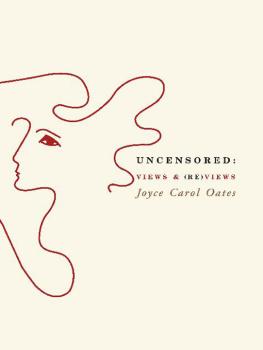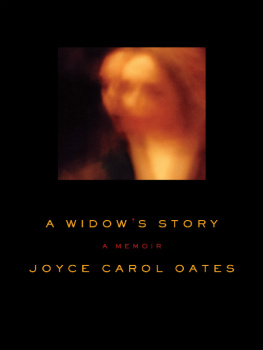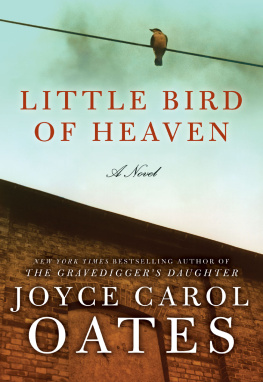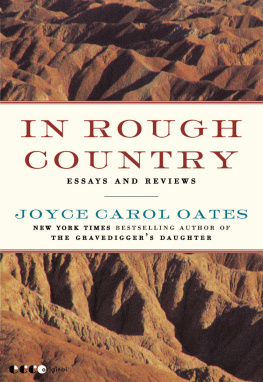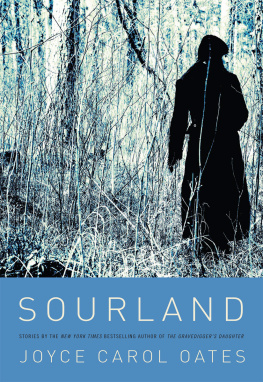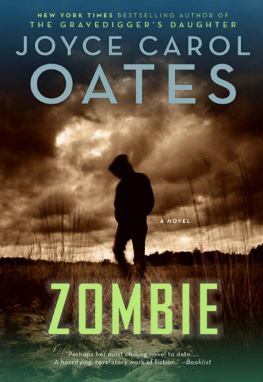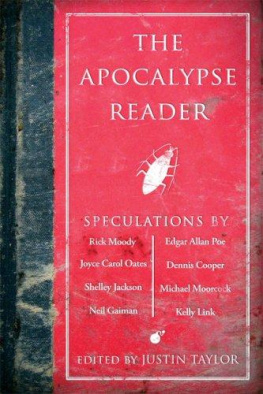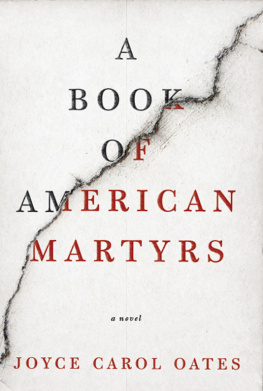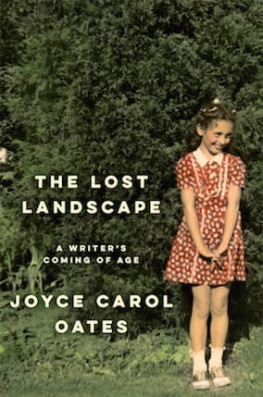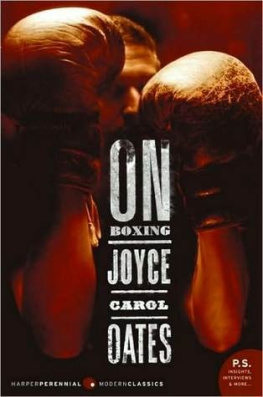E SSAYS, REVIEWS, AND UNCLASSIFIABLE prose pieces have always seemed to me elliptical forms of storytelling. Despite their evident objectivity, the most eloquently rendered aspire to a kind of curious lyricism. Certainly these difficult-to-define forms require the obvious strategies of art: selection of detail, enhancement or emphasis, tone. Where Cynthia Ozick and John Updike, to name two writer-friends who have speculated on the subject, are inclined to rank their non-fiction prose somewhat lower than their fiction (essays seem a deviation, a diversion: the region of the trivial, says Cynthia Ozick in Art & Ardor ; writing criticism is to writing fiction and poetry as hugging the shore is to sailing in the open sea, says John Updike in Hugging the Shore ), Ive been inclined to feel that the voice of non-fiction, seemingly unmediated, un-invented, is an artful enough variant of fictions voice, or voices. In the essay or review, the dynamic of storytelling is hidden but not absent.
For prose is a kind of music: music creates mood. What is argued on the surface may be but ripples rising from a deeper, sub-textual urgency.
In virtually none of my prose fiction, with the possible exception of the novel Ill Take You There, and in that novel only intermittently, do I allow myself to speak in my own voice, but in my non-fiction prose, it is always my own voice that speaks. For I think of non-fiction as a conversation among equals on impersonal issues; I am an individual with a high regard for literature addressing an (imagined, hoped-for) audience of individuals like-minded enough to wish to read about literature. Often Im excited by what Ive read, and want to talk about it with others; nearly always, Im interested and engaged; years ago I discovered that when I feel most combative, disturbed, irritated and upset by anothers writing, as in the case (long ago, in my early twenties) of D. H. Lawrence, its probably a sign that I feel challenged, perhaps threatened, and need to carefully re-read, and re-think. (In the case of Lawrence, years were required.) As a young reviewer it was my practice to review nearly everything offered to me, for the New York Times Book Review (what a succession of editors, over the decades!), the Saturday Review of Literature (does anyone remember this wonderful, so diligently literary publication, with its regular contributors Granville Hicks and John Ciardi?), and the Detroit News (one of the few publications for which I wrote, not review-essays, but reviews), but in recent years I decline most offers of books to review. I hope to be as idealistic as a critic as I am, at least to myself, in other regards.
My governing principle as a critic is to call attention solely to books and writers that merit such attention, and to avoid whenever possible reviewing books negatively except in those instances in which the negative is countered by an admiring consideration of earlier books by the same author. (In assembling this collection, I immediately rejected all negative reviews on moral grounds, as unworthy of reprint, as, perhaps, they were unworthy of being written. How small-minded we seem to ourselves in retrospect, chiding others! Much better to have passed over such disappointments in silence. Then, as the pile of rejected pieces grew, I began to feel that I was too-primly censoring myself, and eliminating much that might be of interest despite its critical tone. Of the numerous censored reviews I retrieved only three, of short story collections by Patricia Highsmith and Richard Yates and a novella by Anita Brookner, all of which have been sufficiently praised elsewhere, in any case.) As our relations with others are essentially ethical encounters, so our relations with books, and with those individuals who have written them, whom perhaps we will never meet, are ethical encounters. Obviously, a critic who likes everything is a very bland personality hardly to be trusted, but there might be a respectable category of critic who, disliking something, refrains from making public comment on it. In America, do we need to caution anyone against buying a book?
Though Ive assembled several collections of review-essays over the years, I have never included a single review of the kind that most newspapers publish in their cramped arts sections. In another lifetime in Detroit, Michigan, 1962 to 1968, I reviewed regularly for the Detroit News, countless brief reviews as ephemeral as the newspaper pages on which they were printed, and of these, seemingly lost in time, one review recently surfaced: of Don DeLillos first novel, Americana (1971). I include it here not with pride exactly but with extreme relief that, so long ago, I had a reviewers good sense to lavishly praise a difficult work of fiction by a writer at that time wholly unknown.
Joyce Carol Oates
The Unabridged Journals of Sylvia Plath
Edited by Karen V. Kukil
W HO IN F EBRUARY 1963 COULD HAVE predicted, when a thirty-year-old American poet named Sylvia Plath committed suicide in London, distraught over the breakup of her marriage to the Yorkshire poet Ted Hughes, that Plath would quickly emerge as one of the most celebrated and controversial of postwar poets writing in English; and this in a golden era of poetry distinguished by such figures as Theodore Roethke, Marianne Moore, Elizabeth Bishop, Robert Lowell, Richard Wilbur, Allen Ginsberg, Anne Sexton, John Berryman, May Swenson, Adrienne Rich, as well as W.H. Auden and T.S. Eliot? At the time of Plaths premature death she had published a single volume of poems that had received only moderate attention, The Colossus (1960), and a first novel, the Salingeresque The Bell Jar (which appeared a month before her death in England, under the pseudonym Victoria Lucas), in addition to a number of strikingly bold poems in British and American magazines; her second, stronger volume of poems, Ariel, would not appear until 1965, by which time Plaths posthumous fame assured the book widespread attention, superlative reviews, and sales that would eventually make it one of the best-selling volumes of poetry to be published in England and America in the twentieth century. Plaths Collected Poems (1982), assembled and edited by Ted Hughes, would win a Pulitzer Prize.
I am made, crudely, for success, Plath stated matter-of-factly in her journal in April 1958. Yet Plath could not have foreseen that her success would be almost entirely posthumous, and ironic: for, by killing herself impulsively and dying intestate, she delivered her precious fund of work, as well as her two young children Frieda and Nicholas, into the hands of her estranged husband, Hughes, and his proprietary sister Olywn, whom Plath had perceived as her enemies during the final, despairing weeks of her life. As her literary executor, Hughes had the power to publish what he wished of her work, or to publish it in radically edited (that is, expurgated) versions, like The Journals of Sylvia Plath (1982); or, if he wished, he might lose or even destroy it, as Hughes bluntly acknowledged he had done with two of the journal notebooks written during the last three years of Plaths life. As the surviving, perennially estranged husband, Hughes excised from Plaths journals what he called nasty bits and intimacies, as he had eliminated from Ariel some of the more personally aggressive poems, with the excuse that he wanted to spare their children further distress. This new, unabridged and unexpurgated edition of the journals assembled by Karen V. Kukil, assistant curator of rare books at Smith College, is an exact and complete transcript of the twenty-three original manuscripts in the Sylvia Plath Collection, that suggests that the person Ted Hughes most wanted to spare from distress and exposure was himself.

